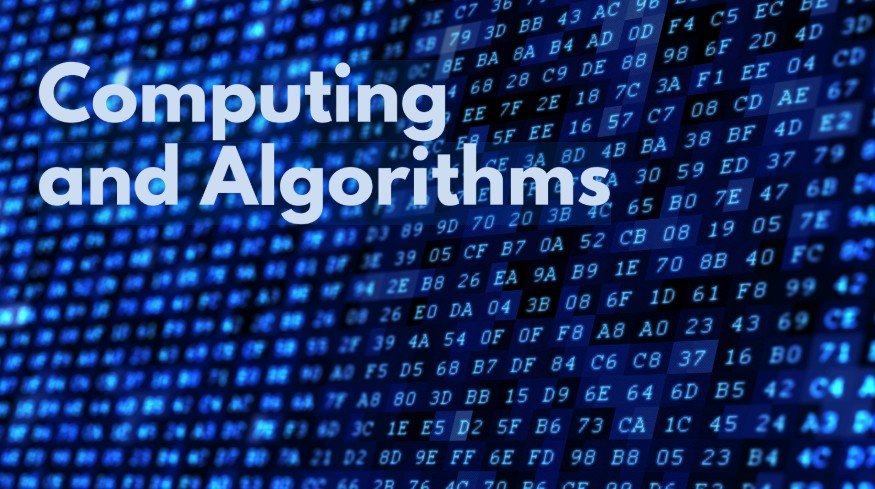Title: NIST Highlights Turing’s Enduring Impact on Computing, AI, and Cryptography
Summary:
Alan Turing, a pioneering computer scientist and mathematician, made groundbreaking contributions to computing, artificial intelligence, and cryptography that continue to shape modern standards recommended by the National Institute of Standards and Technology (NIST). Turing’s theoretical work, including his concept of the Turing machine – a simple yet powerful computational model – laid the foundation for computing and complexity theory. His work on the halting problem demonstrated that a machine could determine whether other machines would eventually stop running, a result with significant implications for modern computational logic.
Turing also played a crucial role in cracking the German Enigma encryption machine during World War II, which was essential to the Allies’ success. Despite facing personal tragedy, including a post-war conviction for homosexuality and subsequent marginalization, Turing’s contributions continue to inspire and underpin computing and cryptographic standards, including post-quantum cryptography, that NIST develops and recommends today.
Keywords: Turing machine, computational logic, cryptography



